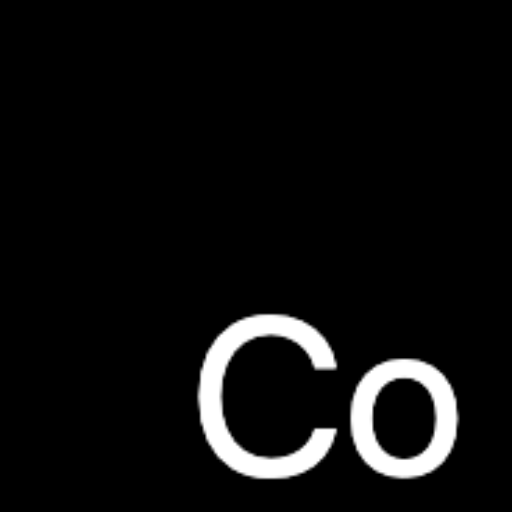Should I Learn Next.js or Gatsby?
The decision of which JavaScript framework to choose for web development can be overwhelming. Two popular choices are Next.js and Gatsby. Both offer powerful features, but they have some distinct differences. In this article, we’ll discuss the advantages of each platform and help you make the best decision for your project.
What is Next.js?
Next.js is a React-based framework created by the team at Zeit. It provides a simple yet powerful server-side rendering solution for React applications. Next.js has been around for several years and has seen tremendous growth in the past few years. It is one of the most popular React-based frameworks and provides a great starting point for developers looking to create modern web applications.
What is Gatsby?
Gatsby is a static site generator built with React and GraphQL. Gatsby’s main focus is on building static sites that are fast and performant. Gatsby is an excellent choice for building blogs, portfolios, and eCommerce sites. It also provides a flexible and powerful framework for developers to create custom web applications.
Advantages of Next.js
Next.js provides a great starting point for developers looking to create modern web applications that require server-side rendering. It has built-in support for React, making it easy to create dynamic user interfaces. Its powerful routing system makes it easy to create multi-page applications. It also has built-in support for webpack, making it easy to bundle and optimize your application’s code.
Next.js is also a great choice for developers looking to create progressive web applications. It has built-in support for service workers, making it easy to create offline-capable web applications. It also has built-in support for server-side rendering, making it easier to create SEO-friendly websites.
Advantages of Gatsby
Gatsby is a great choice for developers looking to create fast and performant static sites. It has built-in support for React and GraphQL, making it easy to create dynamic user interfaces. Its powerful routing system makes it easy to create multi-page applications. It also has built-in support for webpack, making it easy to bundle and optimize your application’s code.
Gatsby is also a great choice for developers looking to create progressive web applications. It has built-in support for service workers, making it easy to create offline-capable web applications. It also has built-in support for server-side rendering, making it easier to create SEO-friendly websites.
Conclusion
Both Next.js and Gatsby offer powerful features for web development. However, each platform has its own strengths and weaknesses. For developers looking to create modern web applications that require server-side rendering, Next.js is a great choice. For developers looking to create fast and performant static sites, Gatsby is an excellent choice.
Ultimately, the decision of which platform to use should come down to the needs of your project. Choosing the right JavaScript framework for your project can be the difference between success and failure. Evaluate the advantages and disadvantages of each platform and make an informed decision based on your project’s requirements.
